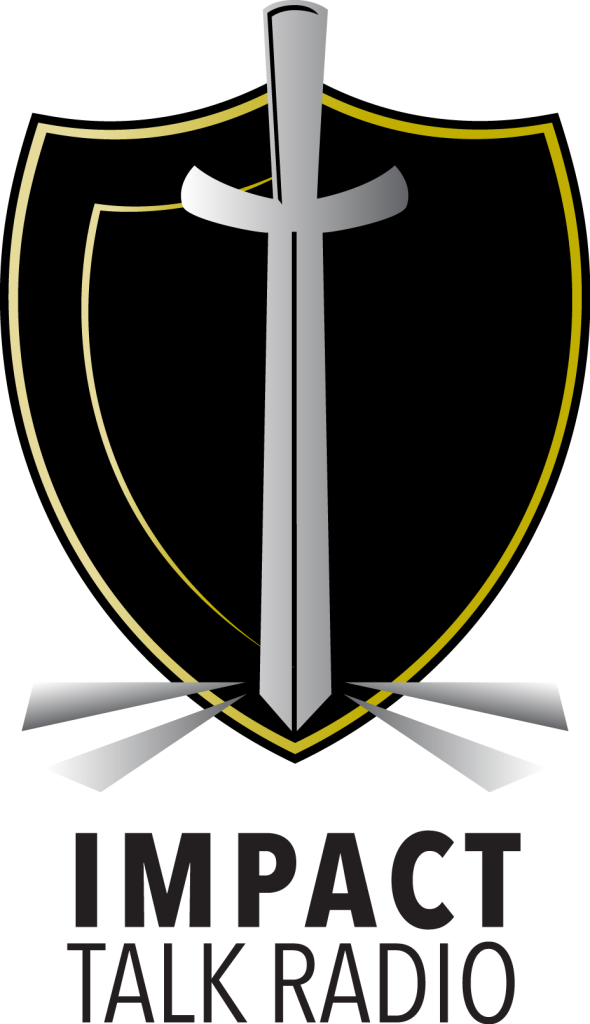Critiquing a basketball team or soccer team the day after a game is easy. ESPN has built a television empire by analyzing the mistakes made by coaches and players.
The scrutiny is often insightful with multiple lessons for other coaches and players to consider. It is much easier to diagnose why someone failed AFTER the failure.
But, what can we to do identify an impending failure? How can we see it before it happens and make changes?
Predicting Failure
If ESPN had ESP and could predict failures, the sports betting industry would go out of business and sports in general would no longer be interesting.
In life and in leadership, failure is often preceded by a few behaviors that are almost as good as ESP in forecasting someone’s impending fall. When I look back on my life, there are two trends that stick out.
Two Ways You Know You Are About To Fail
Pride
King Solomon said that, “pride comes before the fall.” I have fallen more than once. When I look backward, I see the pride that could have predicted my fall.
Pride presents itself in many ways. Watching others and looking in the mirror, I see pride appear when:
- I overuse the first person (I, me, mine etc.)
- Instead of listening, I am just waiting to talk.
- My primary focus is on changing others, instead of changing myself.
- I am unwilling to admit mistakes, weaknesses or ask for forgiveness.
Self- Reliance
Self-reliance may be a side effect of pride, but I could also be dealing with insecurity. Either way, if I try to go it alone, failure is likely to follow.
King Solomon also said, “The way of a fool is right in his own eyes, but a wise man listens to advice.” And “without guidance a people fall, but in an abundance of counselors there is safety.”
Unfortunately, there are people who will offer advice whether I ask for it or not. Choosing the right counselors is as important as getting advice. If I let anyone and everyone advise me, I may never get anywhere.
I choose advisors carefully. When I do, I look for two things:
- Trust: I must know them and believe in their motives. Whether a person is a subordinate, a peer or a superior they may have advice I need to hear. Before I give their advice too much credit, I must trust them.
- Wisdom: I want advice from people who are where I want to be. Have they walked a similar path and emerged stronger? If yes, then I want them to guide me at work or in life.
The Bottom Line:
If the ancient wisdom of King Solomon, my current observations of my own failures and the failures of others are in alignment, then I probably need to pay attention.
If I find myself focusing conversations on myself, formulating my response to others when I should be listening, trying to change OTHER people, and choking when I have to admit a fault, pride is about to bring me low.
If I believe getting advice is a sign of weakness, and make decisions without filtering them through a small group of wise and trusted advisors, my self-reliance is about to cause me to fail.
Both pride and self-reliance predict avoidable failure. When we look back at our own failures, I bet we all can see one of these behaviors raise its ugly head in the days, weeks or months prior to our fall.
It does not take ESP to predict when failure is on my doorstep. When I pay attention to my failures of the past and the wisdom of others, I can predict what is coming. If I see it early enough, I can adjust my behaviors and avoid the fall.
Question:
What other behaviors do you believe predict failures?








This is excellent food for thought!!!
Thank you Dave.
A negative attitude can lend a strong helping hand toward failure, in many cases. It’s an unfortunate choice and/or coping strategy. That’s just something that came to mind.
My dad always told me “Your attitude is a choice! Make a different choice.”